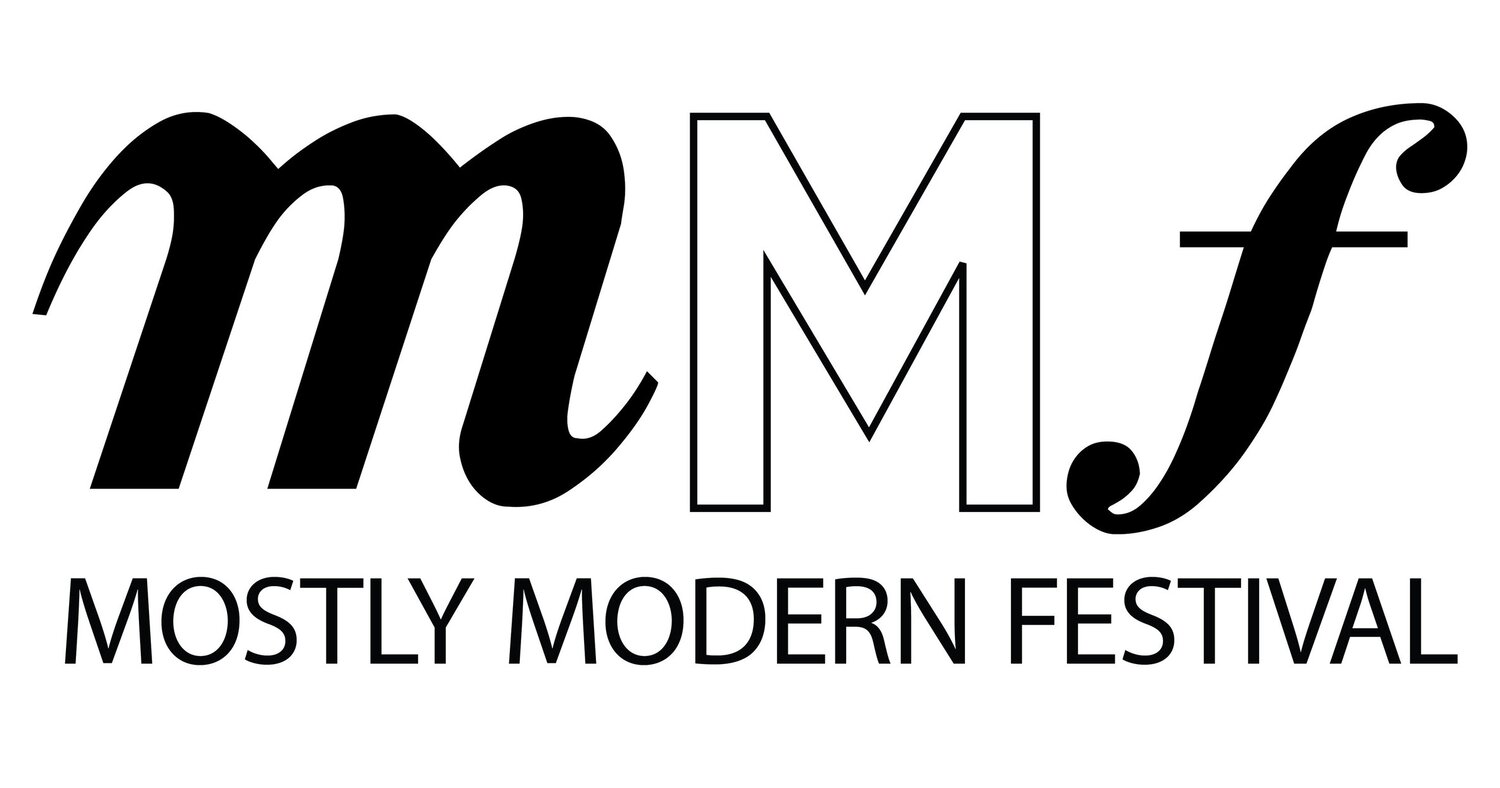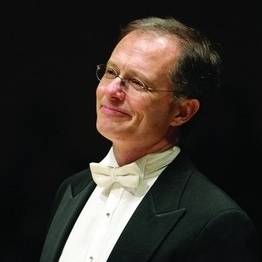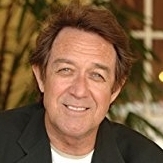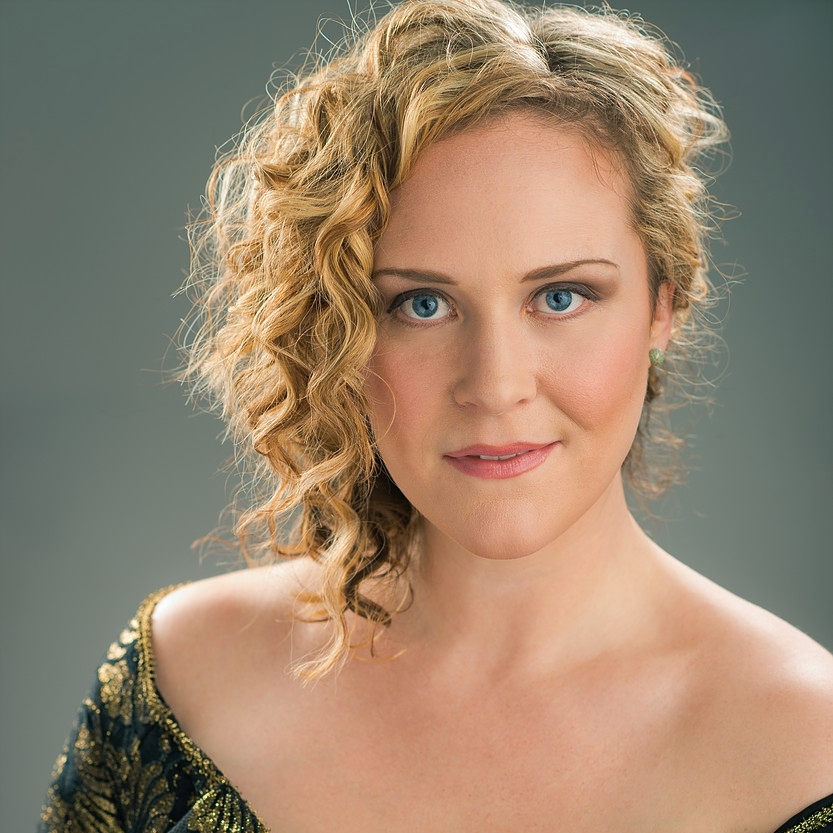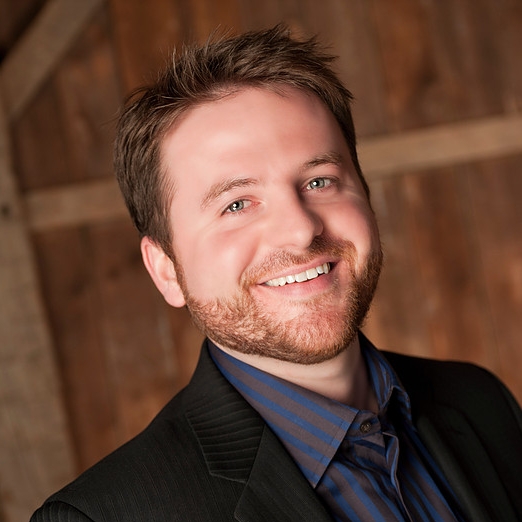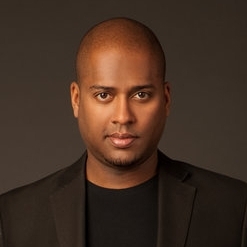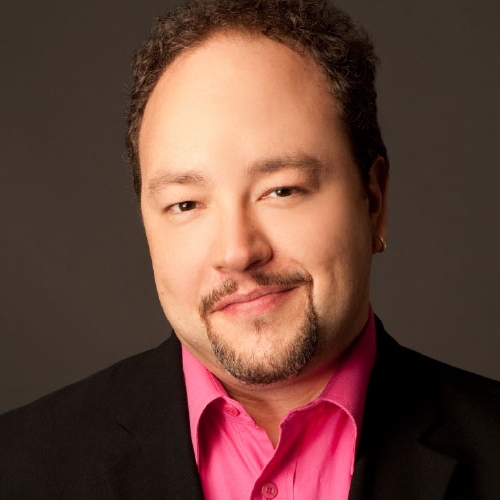This program features the American Modern Orchestra and Albany Pro Musica conducted by maestro Kent Tritle, with Caitlin Lynch, soprano, Chad Sloan, baritone, and special guest Larry Pine, narrator.
Larry Pine is a celebrated actor who has starred in numerous films, TV series and stage productions, including All My Children, Hostages, House of Cards, Dead Man Walking, The Royal Tenenbaums, Moonrise Kingdom, and The Grand Budapest Hotel.
PROGRAM
RALPH VAUGHAN WILLIAMS – Flos Campi ("Flower of the Field") – suite for viola, chorus, and orchestra
ROBERT PATERSON – Whitman's America – for orchestra, chorus, soprano & baritone
Intermission
ROBERT PATERSON – A New Eaarth – for orchestra, chorus, and narrator
PROGRAM NOTES
Flos Campi ("Flower of the Field") is a suite for solo viola, small chorus and small orchestra by the English composer Ralph Vaughan Williams. It is neither a concerto nor a choral piece, although the viola and a wordless choir are prominently featured. The piece is divided into six movements, played without pause, each headed by a verse from the Song of Solomon:
Sicut Lilium in spinas (Lento)
Jam enim hiems transiit (Andante con moto)
Quaesivi quem diligit anima mea (Lento - Allegro moderato)
Et lectulum Salomonis (Moderato alla marcia)
Revertere, revertere Sulamitis! (Andante quasi lento)
Pone me ut signaculum (Moderato tranquillo)
In a program note for a 1927 performance, Vaughan Williams admitted that "The title Flos Campi was taken by some to connote an atmosphere of 'buttercups and daisies....'" In reality, the piece is unabashedly sensual and lushly orchestrated, which is quite appropriate considering its subject matter
Whitman's America is a setting of six poems from Walt Whitman’s final version of Leaves of Grass, often called the Death Bed Edition, since he compiled this version the year he died.
The work is constructed in an arch form as a sort of quasi-fantasia, and each part captures and highlights a variety of themes that permeate Whitman’s poems, and in particular, themes that have to do with his love of America and the American people.
The work begins with Gliding o’er all, a poem in which Whitman portrays a positive attitude toward death; he is prepared for it and ready to embrace it. He presents a tone of acceptance through the irony of singing of many deaths, for the positive act of singing, in the way he imagines, does not typically correlate with death. Next is I Dream’d in a Dream, sung by a solo baritone, a poem that describes a utopic vision of peace and harmony. Following that is I Hear America Singing, about American pride and having pride in one’s work. Next is America, describing the destiny of America as a nation, his love of the masses, his devotion to Democracy and America fulfilling the spiritual needs of its people. Second to last is A Prairie Sunset, sung by a solo soprano, a poem that captures the beauty of the American prairie, an aspect of the American landscape that Whitman was very passionate about. Finally, the work ends with After the Dazzle of Day, a beautiful poem describing the starry night sky, an evening filled with music and his own internal symphony during the silence that follows.
Whitman’s America was commissioned by the Gulf Coast Symphony (Fort Myers, FL) as part of their 2020 Commissioning Project, Andrew M. Kurtz, Music Director and Conductor.
A New Eaarth is inspired by the book Eaarth by Bill McKibben, a well-known author, educator and environmentalist. McKibben's assertion is that we have waited too long, and that massive climate change is not only unavoidable, but already underway. He states that we may as well call this new planet Eaarth, because it is still recognizable, but fundamentally different. In A New Eaarth, narrated text is interspersed with poems and quotes from around the world, including texts by Wendell Barry, James Joyce, Percy Bysshe Shelly and William Wordsworth. The text and poems allude to the four ancient, classical elements—earth, air, fire and water—a theme that permeates many of Paterson's other works.
A New Eaarth was commissioned by the Vermont Youth Orchestra Association through a Music Alive! residency grant from New Music USA and the League of American Orchestras.
